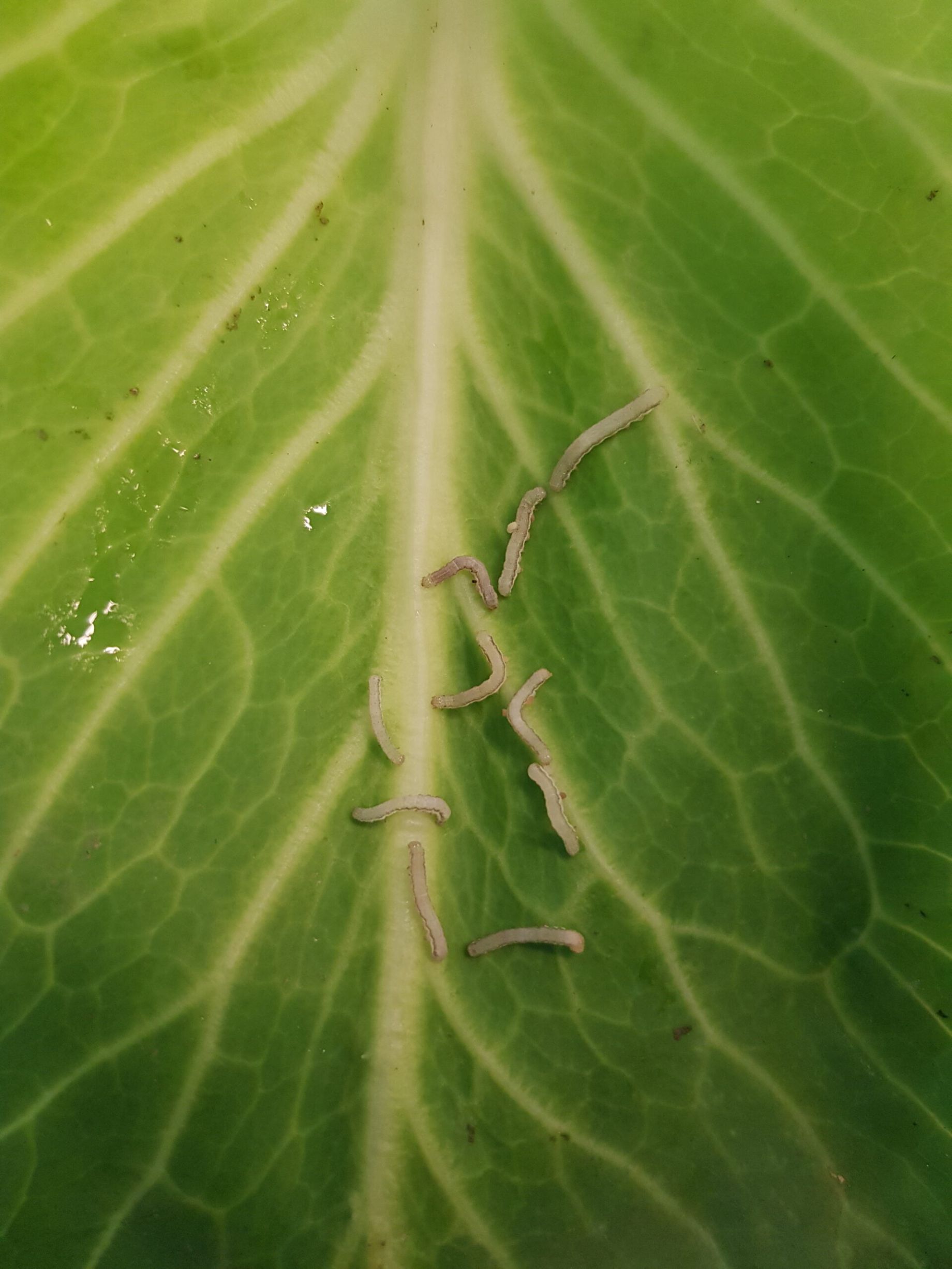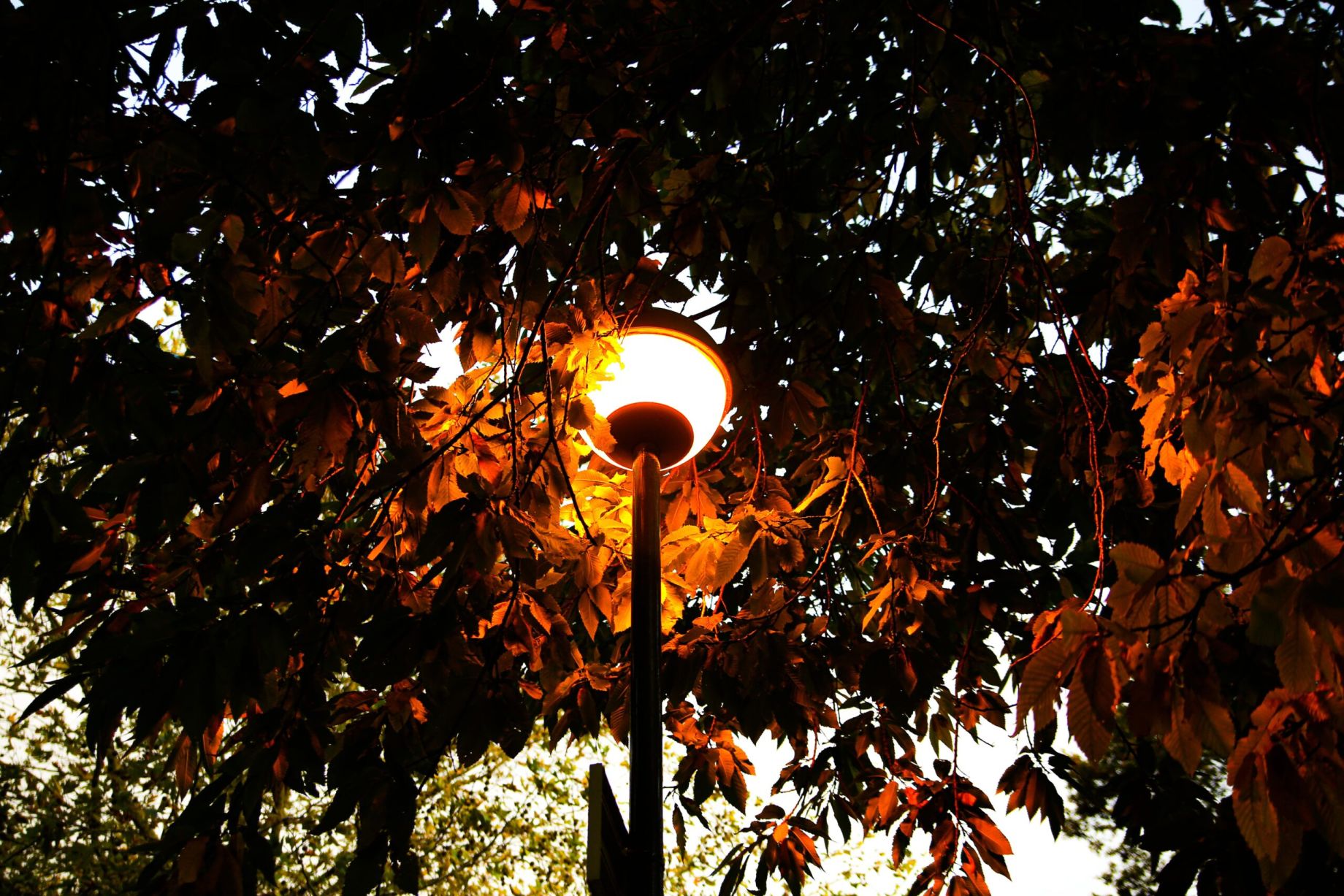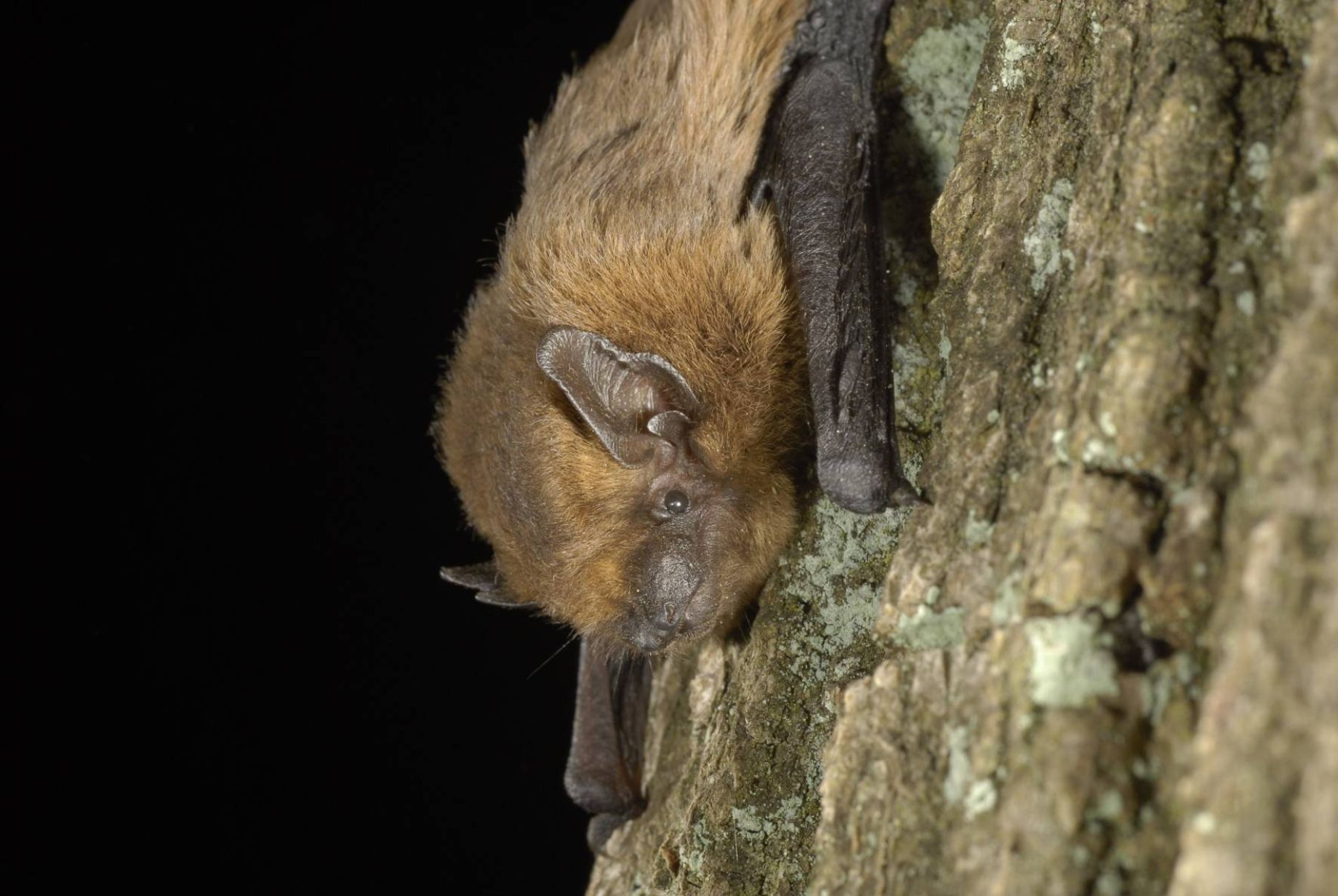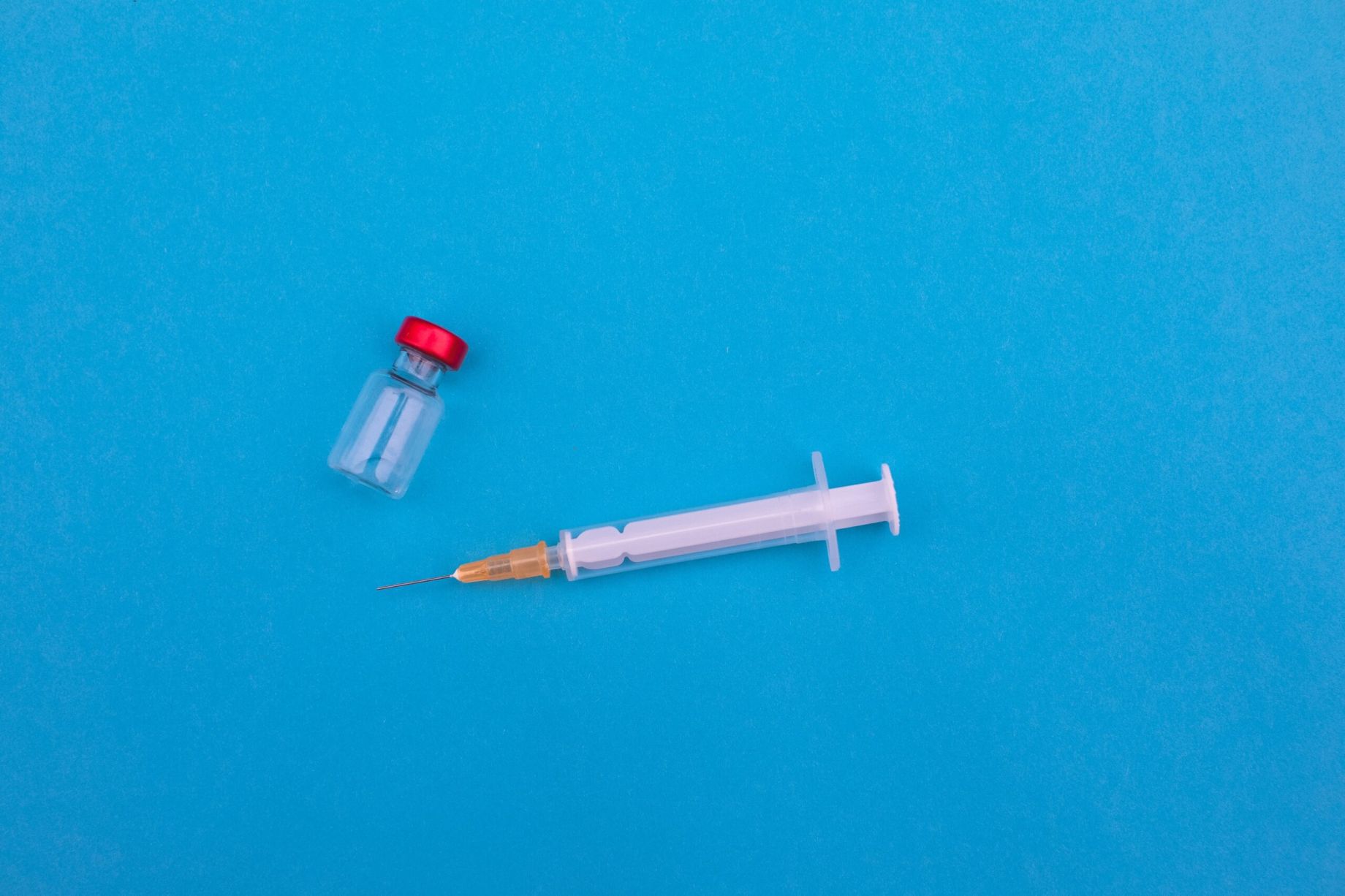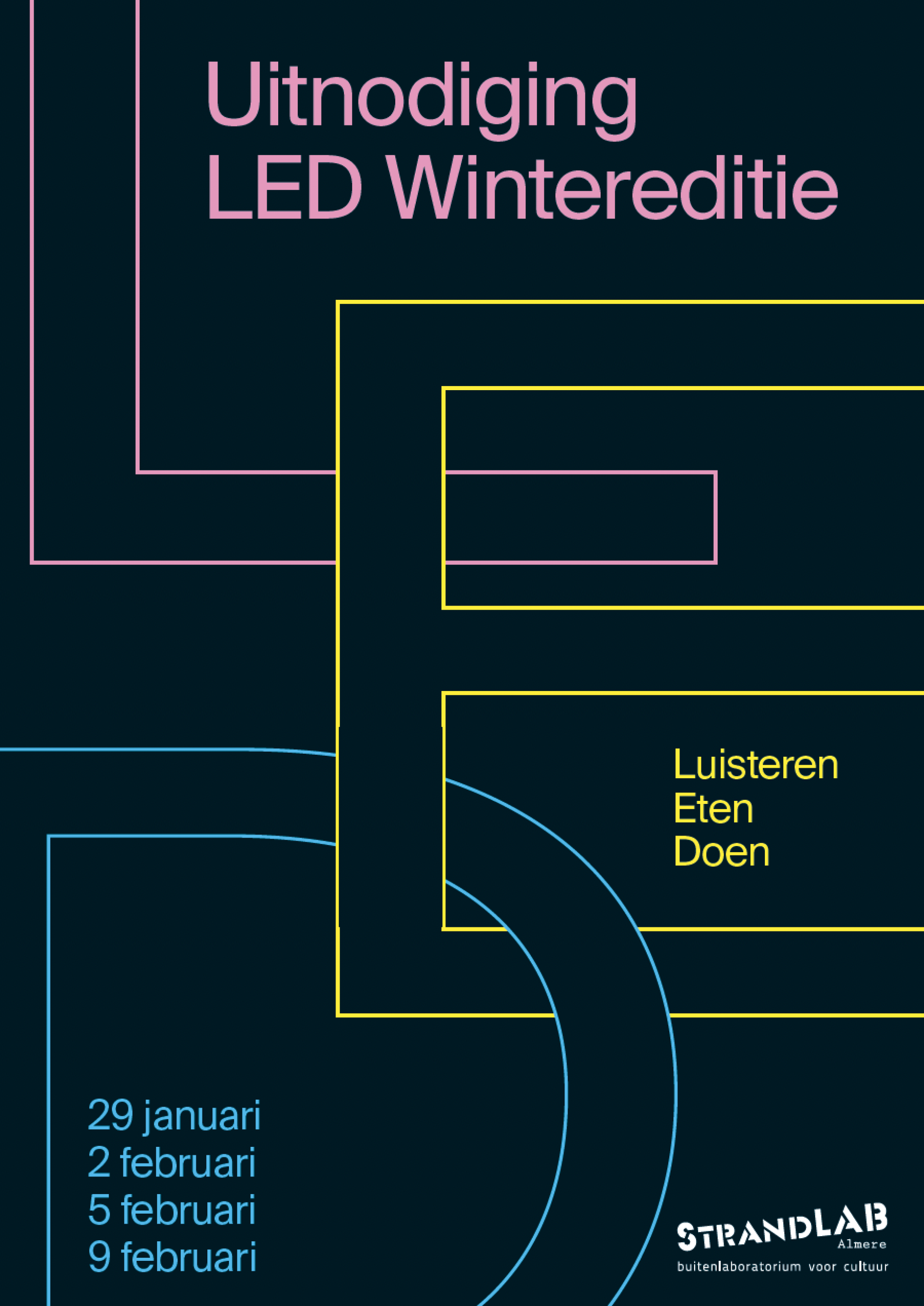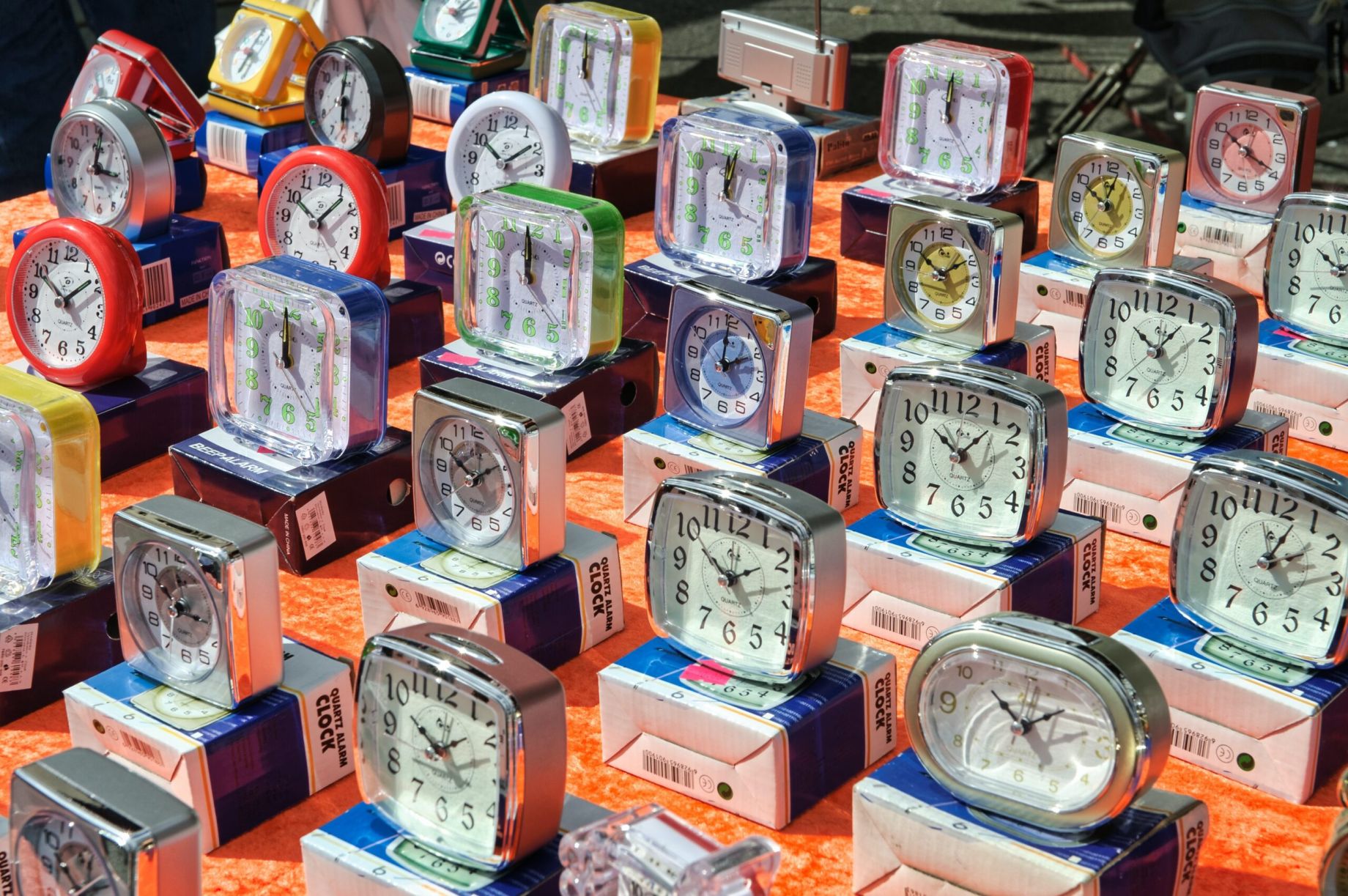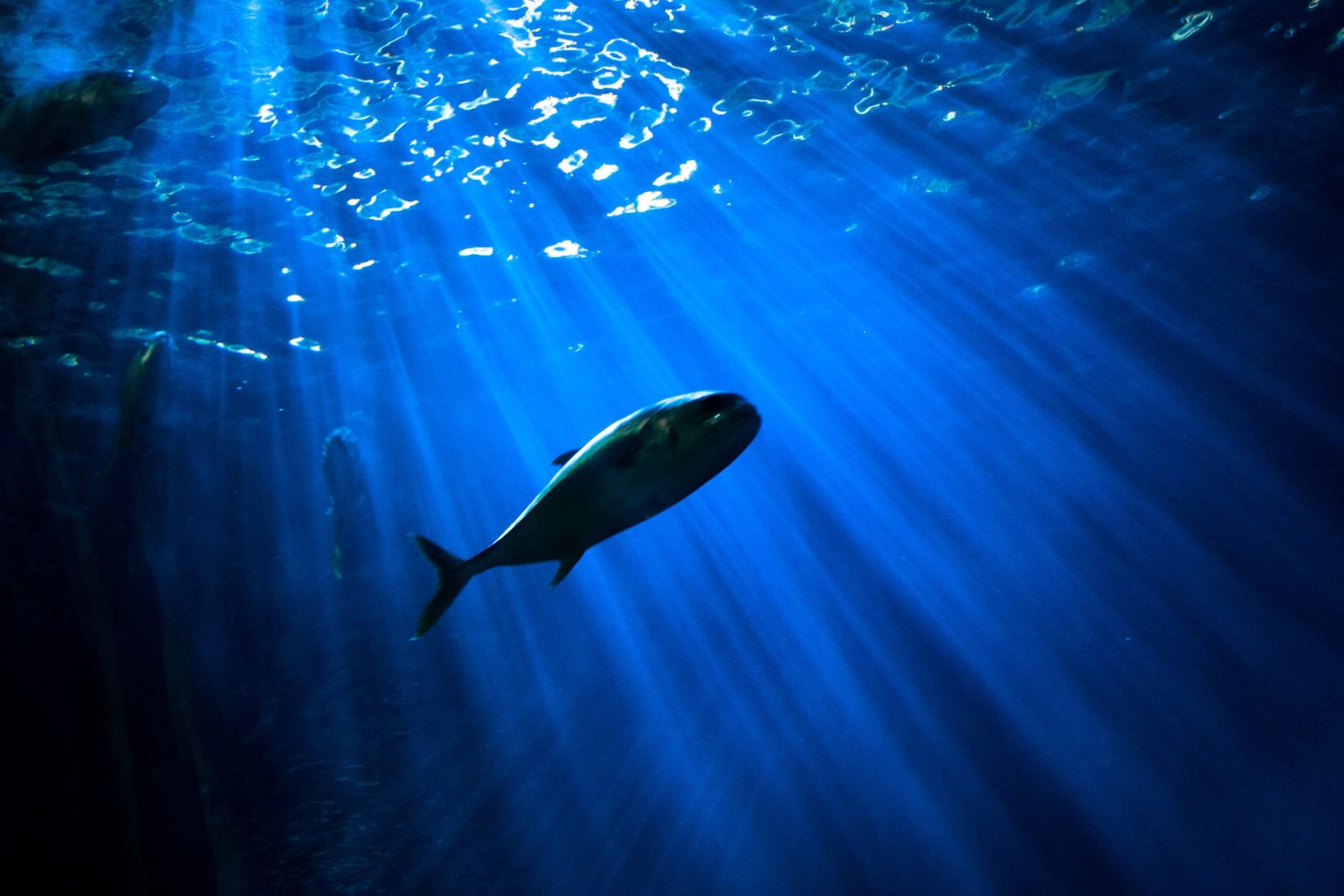PhD candidate Hannah Broeckx provides us with an update of her first year.
Insect-predator interactions in the spotlight
By Hannah Broeckx
I am one year into my research on the effect of artificial light at night (ALAN) on insect-predator interactions. What an interesting process it has been so far!
ALAN has been shown to impact organisms in a variety of ways. Through species interactions, these effects can cascade throughout the whole ecosystem, amplifying the total...
One-year update: Evelien studies the effects of light at night on plants
Written by bioclock on . Posted in News.
PhD candidate Evelien Castrop has started a year ago on her project in which she studies plants; the base of all ecosystems. Are they affected by nocturnal artificial light? She wrote us an update:
“The Luminescent Landscape: Understanding the Impact of Artificial Light on Plants”
by Evelien Castrop
Is ALAN changing the way our wild plants grow? If so, then how? The project I have been working on for the past year focuses on investigating the effect of artificial...
One-year update: Sander on understanding the urban bat
Written by bioclock on . Posted in News.
PhD candidate Sander Buddendorf has worked for the past year on his project to understand the bats in urban environments. Are they affected by nocturnal light exposure? That is what he tries to find out in his project. An update on his first year.
Understanding the urban bat
By Sander Buddendorf
The bat is a mysterious flying nocturnal mammal. Many people I talked to in the “field” – in major Dutch cities such as Rotterdam and The Hague – come to me and tell me about bats...
Does a vaccination work better in the morning or evening? Koen & Tamara will find out
Written by bioclock on . Posted in News.
In the fall of 2022, PhD candidates Koen Vink and Tamara Brouwers started with their BioClock project at the RIVM. Supervised by prof. Debbie van Baarle and prof. Jacco Wallinga, they investigate the interaction between the circadian clock and the immune system. More specifically, they look at the timing and dosing of vaccinations on the immune response and burden of disease. With epidemiological and modelling work (Koen) and preclinical and clinical studies (Tamara), in the next...
The rhythm of darkness – Joke Meijer at StrandLAB Almere
Written by bioclock on . Posted in News.
On Thursday February 2nd, StrandLAB Almere organizes mini lectures on the importance of darkness. BioClock coordinator, Joke Meijer, will hold a lecture and tickets can be bought through www.strandlab-almere.nl.
StrandLAB Almere is a cultural outdoor laboratorium on the beach of Almere. It is a place for talent and experiments. In collaboration with citizens, artists, scientists and cultural partners they develop cultural programs on current issues.
The biological clock explained in the video podcast of the University of the Netherlands
Written by bioclock on . Posted in News.
Struggling to get up? You are not to blame! Prof. dr. Roelof Hut (University of Groningen) explains why this is true in the video podcast of the University of the Netherlands. This platform allows scientists to explain difficult concepts within a short time. He explains what the biological clock is, how it direct all clocks within the body and why this influences how we sleep, how we can perform and our health. And most importantly, can we become an early bird if we are a night...
One-year update: Danielle shines a light on fish
Written by bioclock on . Posted in News.
PhD candidate Danielle Crowley started a year ago on her project in WP3.1. It is time for an update on her findings and plans.
Keeping rhythm
by Danielle Crowley
Fish, like humans, follow light/dark (L/D) cycles of around 24 hours. These cycles or circadian rhythms as they are otherwise known, are responsible for initiating and maintaining an array of behavioural and physiological patterns including breeding, migration, and hormone
expression. This is achievable...
